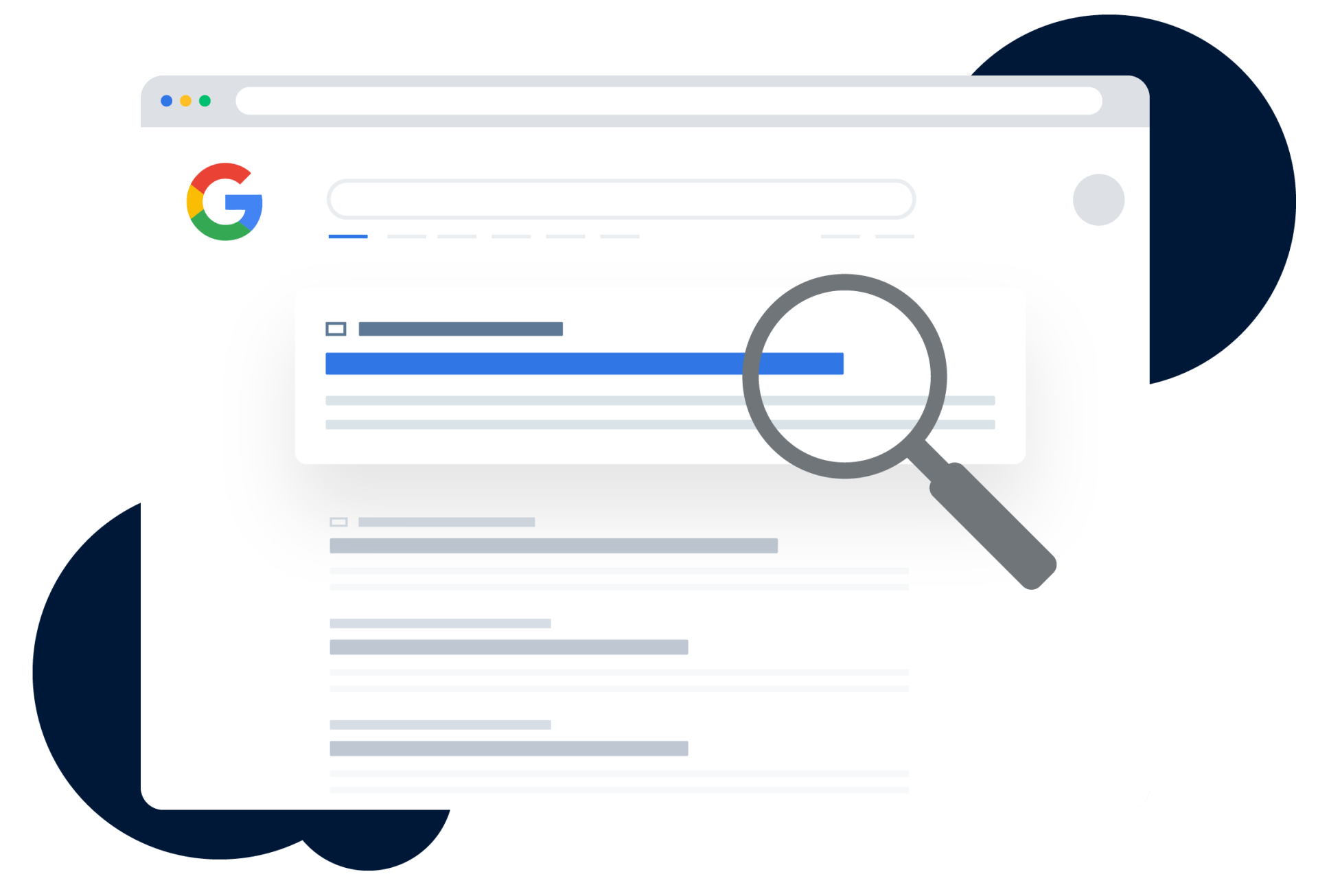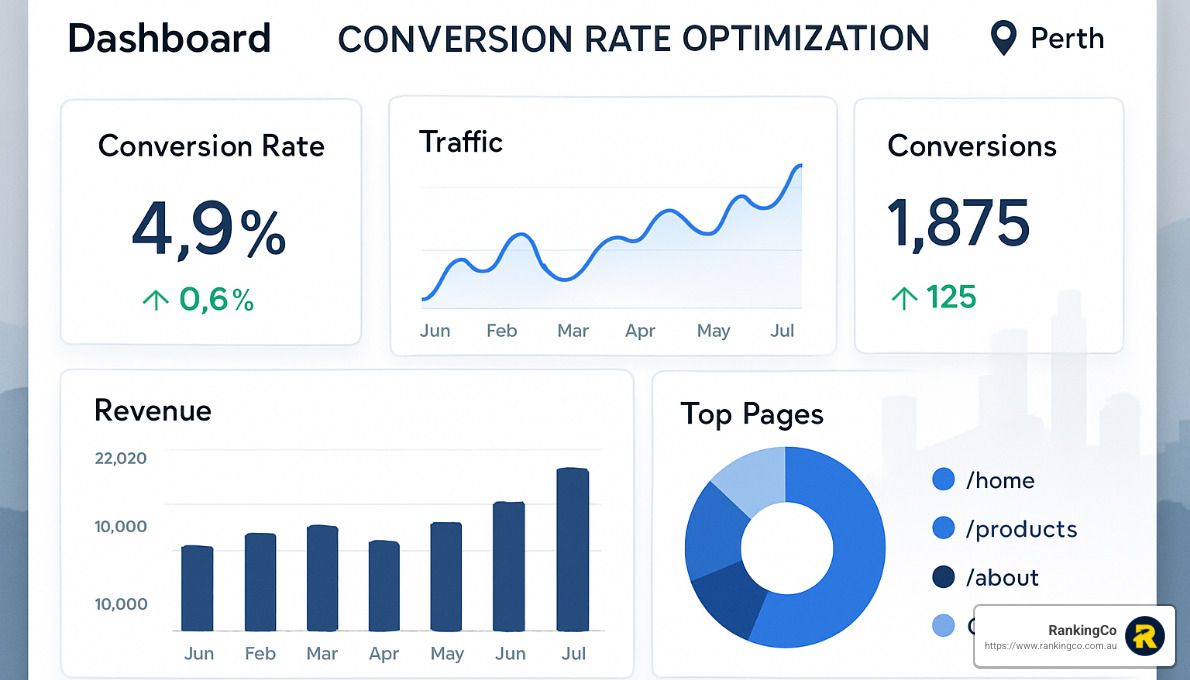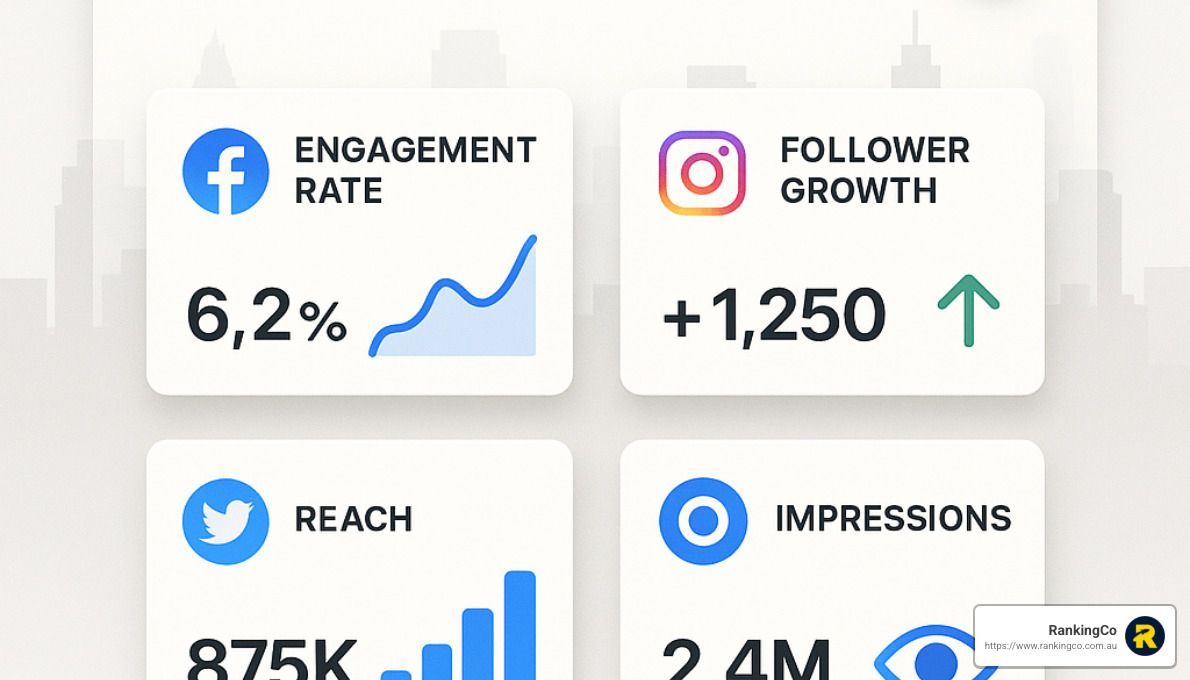March 2023 Google Core Algorithm Update for SEO Professionals and Website Owners
What is Google's core algorithm, and why should website owners and search engine optimisation (SEO) professionals care? Google's algorithm is an intricate set of processes and rules. It identifies and controls which web pages are displayed first during user search queries. The algorithm considers numerous factors. These include content quality and relevance, a site's trustworthiness and demonstrated authority, and the user's search history and location.
Given the fast-changing nature of Google clients and users, the search engine's complex algorithm constantly evolves to stay valuable and relevant, regularly applying broad changes. Recent updates include RankBrain, Hummingbird, Penguin, and Panda, emphasising mobile-friendliness, speed, user experience (UX), superior content quality, and more.
While it doesn't reveal all its confidential and proprietary algorithm details in the public domain, Google does provide best practices and guidelines. These guides and updates help ensure future-forward strategy tweaks and pivots, easily discoverable content for increased brand awareness, website traffic, prolonged click-throughs, and boosted conversions.
Why Should You Care?
Algorithm changes can affect search rankings, so staying up to date with Google's updates is essential for SEO agencies and marketers. In addition, the algorithm monitors site metrics and technical elements. So, it's vital to focus on content quality and accuracy, optimise operations and systems, and prioritise engaging and valuable content for your user experience. Also, consider evaluating your content with future updates in mind.
With every looming iteration, branders and search engine optimisers can reasonably expect to evaluate the update's impact and identify improvement areas by tracking their organic search traffic. In addition, by focusing on appropriate indexing, intuitive mobile functionality and UX, speed, and consistently posting enticing, meaningful and audience-centric content, you'll never need to worry about missing the mark with updates.
Google's Core Algorithm Update 2023: What You Need to Know
The rollout began on March 15 and was completed on March 28, 2023, taking 13 days to implement. So, how does the March 2023 update compare to previous core updates? One way to measure the extent of changes is to monitor ranking fluctuations while the search engine's crawlers reassess and index the web during rollout.
According to Google tracking providers RankRangers and Semrush, the March update was significant, resulting in substantial ranking volatility - the same as or more than previous and historic rounds. Invested voices from the community, too, have noticed and commented on significant differences. For example, one finding indicated that 8.7% of the top 10 results previously ranked below the 20th position, compared to 6.5% after the September 2022 iteration.
RankingCo is among Australia's leading content and website SEO agencies. However, remember that a dipped or negative ranking doesn't necessarily suggest site problems. Area for attention can, however, be challenging to identify. So, why not rely on a professional digital agency to optimise and maintain your site's relevance, findability, and rankability?
Stay Top of Page With RankingCo
Our dedicated team helps you succeed online with efficient and effective SEO, digital marketing, Google Ads, analytics, free check-ups, and optimised websites.
Reach out to RankingCo today.















